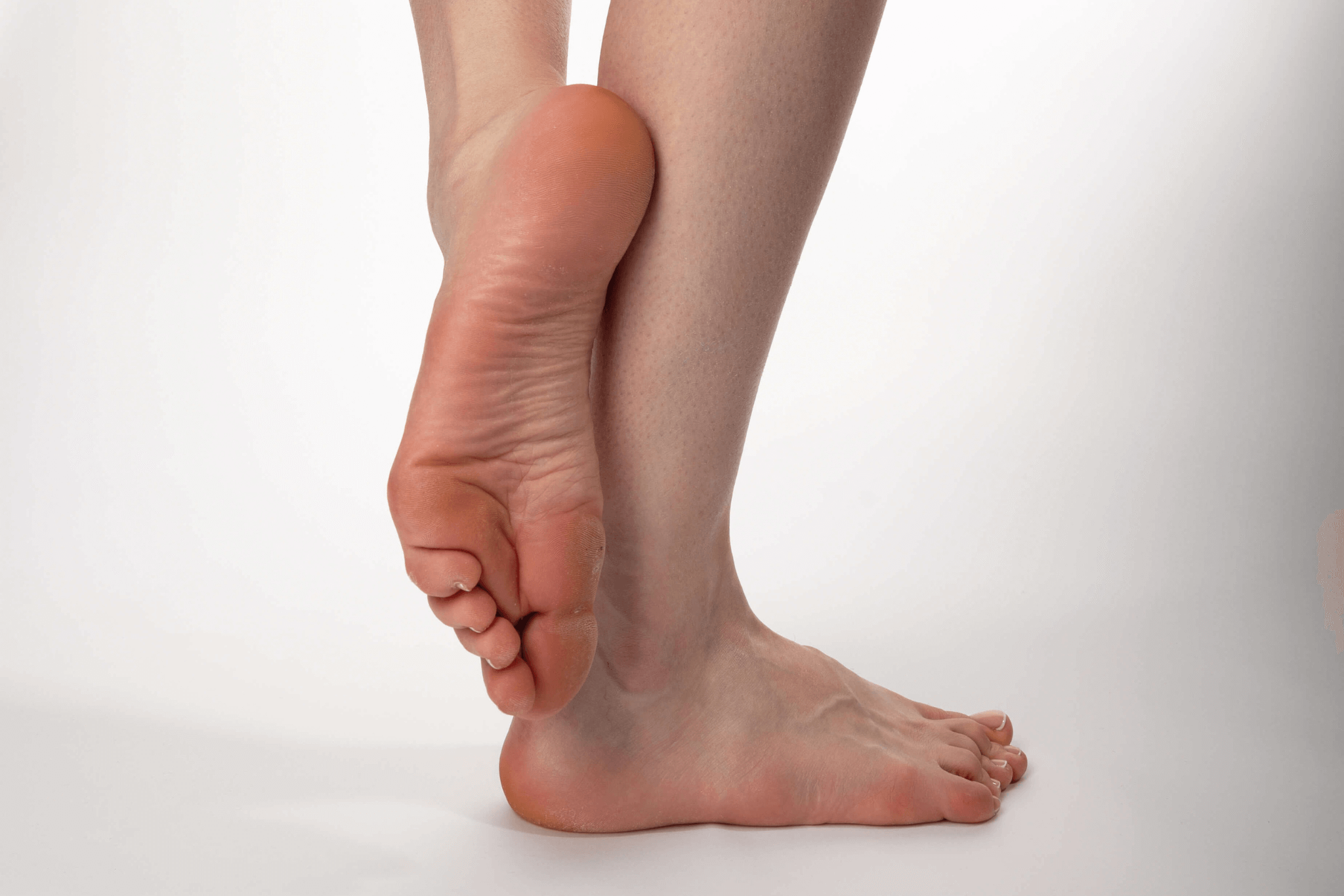Complications of Untreated Heel Spurs
Heel spurs might seem like a minor foot nuisance at first, but untreated heel spurs can lead to a range of complications that significantly impact your daily life. It’s essential to recognize the seriousness of heel spurs and prioritize proactive management to prevent long-term problems.
Chronic Pain and Discomfort
Progression of Pain
What starts as a mild ache can gradually worsen into chronic pain that persists even during rest. Without proper care, heel spurs can irritate the tissues around them, causing persistent inflammation that makes each step increasingly painful. Over time, this pain can intensify, severely affecting daily activities like walking, standing, and exercising.
Altered Gait Patterns
When heel pain becomes a constant companion, many people unconsciously adjust their gait to reduce pressure on the affected foot. Unfortunately, these compensatory changes can throw off your natural walking and running patterns, potentially leading to stress on other joints—including your knees, hips, and lower back—resulting in additional pain and discomfort.
Secondary Bacterial Infections
Open Sores and Wounds
In some cases, persistent pressure from heel spurs can lead to calluses or even open sores on the foot. These breaks in the skin create an entry point for bacteria, raising the risk of infection.
Cellulitis and Abscess Formation
If left untreated, these wounds can develop into cellulitis, a serious skin infection that causes redness, swelling, and warmth. In more serious situations, an abscess can develop, necessitating medical treatment. Prompt attention is crucial to prevent these infections from spreading or becoming more complicated to treat.

Impact on Overall Foot Health
Development of Other Foot Conditions
When left untreated, heel spurs can also contribute to the development of additional foot problems. Chronic inflammation and altered biomechanics often lead to conditions like plantar fasciitis and Achilles tendinitis, compounding foot pain and making recovery more challenging.
Limitations in Mobility
Chronic heel pain not only impacts your foot but can also limit your ability to move around freely and comfortably. Individuals often find themselves avoiding activities they once enjoyed, from morning walks to exercising at the gym. Over time, this decrease in activity can lead to muscle weakness, weight gain, and reduced quality of life.
Long-Term Treatment Challenges
Complexity of Treatment After Delay
The longer heel spurs go untreated, the more complicated treatment becomes. Chronic pain often requires more aggressive interventions, including physical therapy, custom orthotics, or even surgery. Full recovery may not be achievable, and some individuals continue to experience pain despite comprehensive treatment.
Encouraging Timely Intervention
The main point is simple: addressing the issue early is crucial. Heel pain should never be ignored. At the first sign of discomfort, consult a qualified foot specialist who can diagnose the underlying cause and recommend appropriate treatment options.
Take Charge of Your Heel Health Today
Don’t let heel pain hold you back. If you’re experiencing persistent heel discomfort, contact our office today to schedule a thorough evaluation. Getting treatment early can stop problems before they start and help you return to an active, pain-free lifestyle!
McPherson Office
316 W. 4th Street
McPherson, KS 67460
P: (620) 241-3313
F: (620) 241-6967
© Community Foot Clinic of McPherson. All Rights Reserved.
Privacy Policy | Terms & Conditions
Web Design by CP Solutions
Marketed by VMD Services
